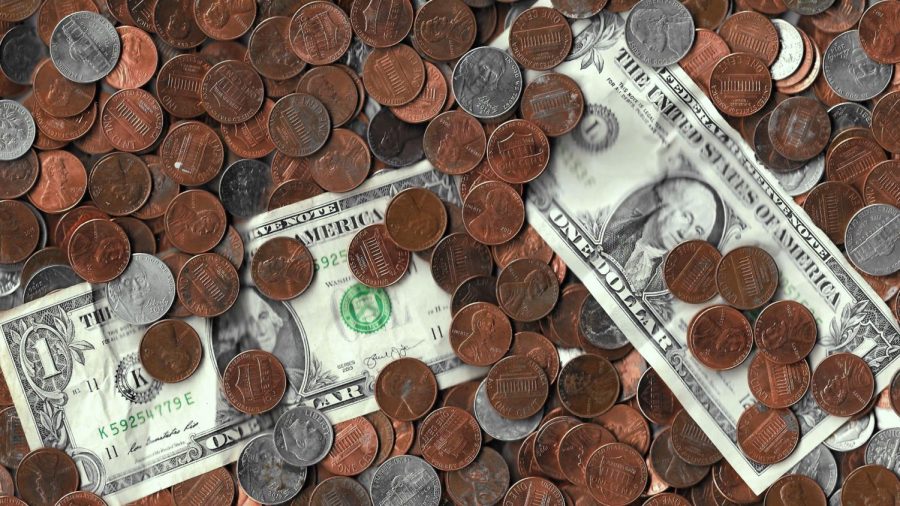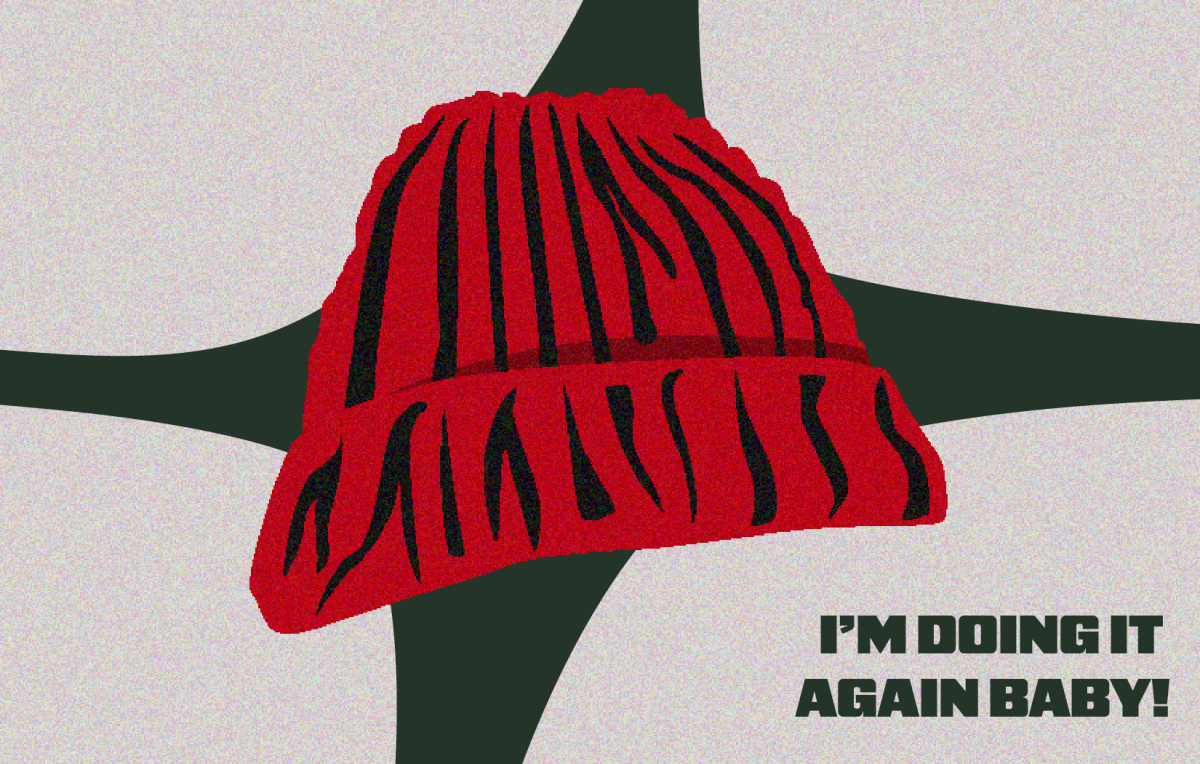Cushman: A $15 Minimum Wage Won’t Solve Much
(Graphic by Sydney Stam | The Daily Utah Chronicle)
June 22, 2021
Since starting college, every job I’ve had has paid anywhere from two to four dollars more per hour than the federal minimum wage of $7.25. But I still struggle to afford my bills, and I need my parents to help with some expenses. I‘ve felt some shame because of that lack of financial independence, but I’m not alone.
Now, as most Americans live paycheck to paycheck and struggle to afford living expenses, 62% of American adults support raising the federal minimum wage to $15 an hour. While this may sound like a great idea, simply increasing the minimum wage to a living wage won’t solve our wage problem in the long term. Instead, our government should periodically review and adjust our minimum wage to ensure fair wages over time.
In the U.S., the federal minimum wage can only change when Congress passes a bill to do so. This is because the minimum wage was originally set by statute in 1938, with no requirements for how and when to adjust it. This system drastically differs from most other countries with a minimum wage, many of which have laws that require periodic evaluation and adjustment of the minimum wage.
France’s minimum wage, for example, automatically raises each year based on inflation and the average salary. In Australia, the Fair Work Australia Commission annually reviews the minimum wage and adjusts it based on economic factors such as inflation. These practices result in better wage stability in those countries compared to the U.S. Rather than seeing a gradual increase in our minimum wage, we see periods of stagnation and then steep increases all at once.
This pattern has massive consequences for Americans. The federal minimum wage has not increased since 2009, while inflation and the cost of living continues rising. This makes it nearly impossible for Americans to afford their bills. In fact, since 2000, wages have only risen 10.4% while the cost of housing has increased by 31.5%, healthcare by 55.7% and college by 57.3%.
Fellow writer for The Daily Utah Chronicle, Will Shadley, calculated that a full-time minimum wage worker in Salt Lake City would only have $105 left at the end of each month after paying for rent, bills and groceries if they lived in the cheapest apartment with the cheapest phone plan and transportation. That is $105 for healthcare, clothes, entertainment, savings and any unexpected expenses. Any unexpected expense would put a minimum wage worker over the financial edge. They can’t even afford to have a health condition, let alone a replacement phone if their current one happens to break.
Nearly half of Americans work for low wages, earning minimum wage or close to it. Surprisingly, this figure isn’t comprised of teenagers and young adults just entering the workforce, as one might expect. Rather, this counts mostly adults in their prime working years. Leaving minimum wage increases in the hands of our Congressmen has left millions of Americans, even adults with families to provide for, vulnerable to the rising costs of living.
Wage stagnation can also have grave effect on employers. In Colorado, where the minimum wage already increases slightly each year, business owners face hard decisions concerning where to cut costs as the cost of labor rises. Those decisions become even harder when wages increase drastically over a short period of time. Because the federal minimum wage has not changed in 11 years, nearly doubling it now to a living wage would force employers, especially small business owners, to potentially cut employee benefits or hours, raise prices, or worsen product quality. The unpredictability of the U.S. minimum wage makes it difficult for business owners to plan for it.
We need to demand not only that our Congress gives us a living wage, but that this living wage will be reviewed and adjusted to stay fair. The “fight for $15” is important. No one should work full time and not be able to pay their bills. However, raising the minimum wage without changing the way we review and adjust it is a recipe for disaster. The American Dream is about being able to work hard and make something of ourselves. But until we are guaranteed a fair wage for our work, that dream may never be attainable for most.









